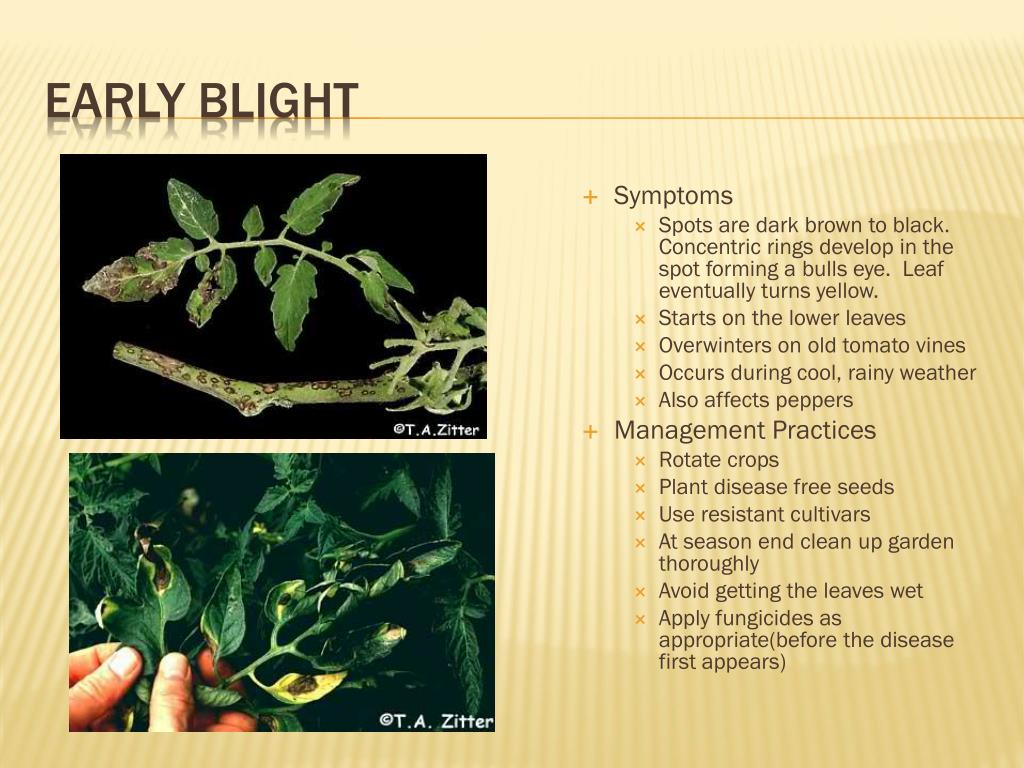

demissum have been broken as a result of pathogen evolution. Unfortunately, when cultivars with these resistant genes came to be more widely grown, the R-genes from S. Breeding for resistant cultivars started in the beginning of the twentieth century when the first resistant genes (R-genes) were discovered in the closely related species Solanum demissum (Fry 2008). Late blight-resistant cultivars of potato developed by commercial breeding companies can play a key role in sustainable management of potato late blight (Fig. To reduce the amount of fungicides in conventional systems and to improve disease control for organic farmers, the development of resistant cultivars is a top priority (Finckh et al. Therefore, yields can be dramatically low in years of early outbreak of late blight. In contrast to other European countries, the use of copper as fungicide is not permitted in the Netherlands so organic farming systems have no chemical means to combat late blight. Regarding the options in disease control, a strong difference exists between organic and conventional farmers. In addition, about half of all fungicides applied in the Netherlands is used for the control of potato late blight as often weekly sprayings are needed. The environmental costs are related to the pollution of groundwater, energy costs for application and negative effects on human health (Haverkort et al. Currently, the use of fungicides is the most important method to control blight, but this involves high costs and the fungicides are harmful for the environment (De Jong and De Snoo 2002 Van Der Werf 1996). As a result of wind dispersal of the spores, and the potentially large number of generations, a late blight epidemic can spread over large regions in a short time (Zwankhuizen and Zadoks 2002). The pathogen has a short life cycle that can be completed in less than a week and potentially produces large quantities of spores. infestans results in foliage death and tuber rot in the field and during storage, which leads to major losses in yield. Due to the high density of potatoes and favourable weather conditions, late blight (caused by Phytophthora infestans) is one of the most important diseases in potato production. The Netherlands is a large producer of seed, ware and starch potatoes, and therefore, potato is an economically important crop (Haverkort et al. We conclude that our systems approach improves the understanding of the system dynamics which is necessary for developing and deploying effective strategies for controlling P. Adoption of such strategies would require social-institutional support and facilitation. In contrast, policies restricting the use of fungicides would result in increased disease severity if no alternative strategies were implemented. The scenario analysis showed that increasing stakeholder cooperation and a change in market demands towards resistant cultivars could improve sustainability of late blight management. The fuzzy cognitive map showed that social and ecological processes are tightly related. Farmers are strongly influenced by corporate (such as traders, breeders and retail) and public institutes and policies, each pushing their own objectives and interests. Results show that published research on the control of potato late blight focusses on agronomic practices, plant breeding for resistance to late blight and chemical-based disease suppression. Three management scenarios were analysed using the fuzzy cognitive map. The fuzzy cognitive map allows to identify major concepts and their influence on late blight management. Interviews were carried out with farmers, representatives of breeding companies and experts. For that, we performed a literature study, stakeholder interviews and modelling using fuzzy cognitive mapping.

We focussed not only on ecological processes, the classical approach, but also on decision-making concerning disease management. Here, we used a systems approach to identify sustainable management strategies for disease control in potato production in the Netherlands. There is therefore a need for innovative research approaches to produce food sustainably. Applying environmentally harmful fungicides is the prevailing and classical method for controlling late blight, thus contaminating food and water.

Potato late blight, caused by Phytophthora infestans, is one of the main diseases in potato production, causing major losses in yield.


 0 kommentar(er)
0 kommentar(er)
